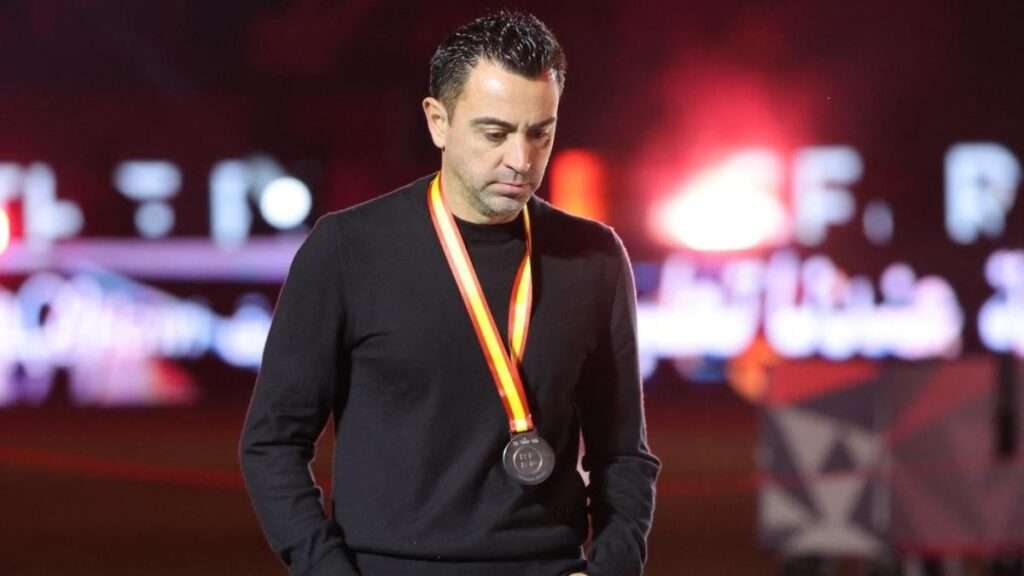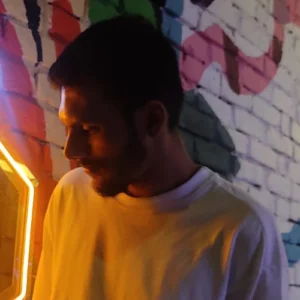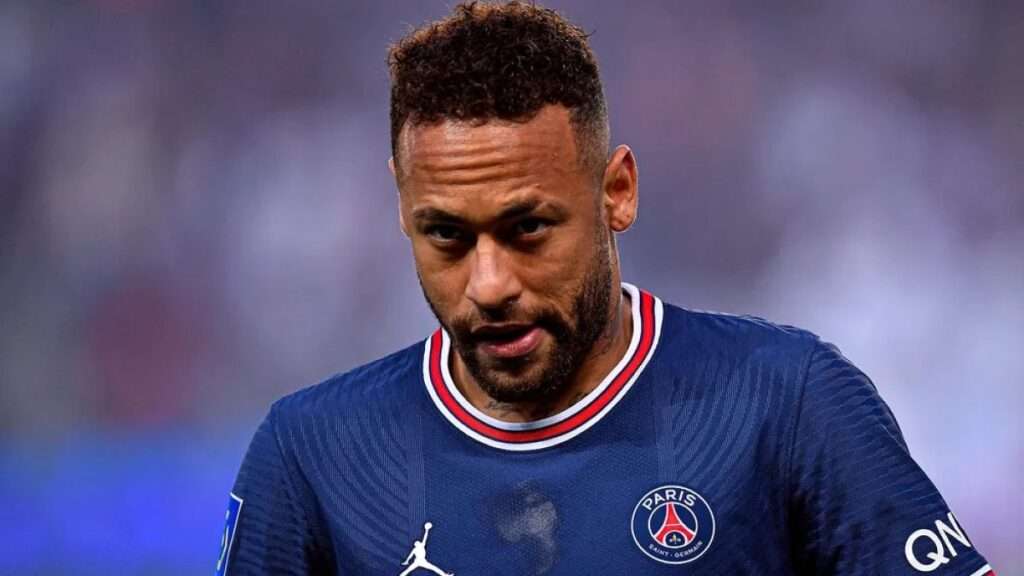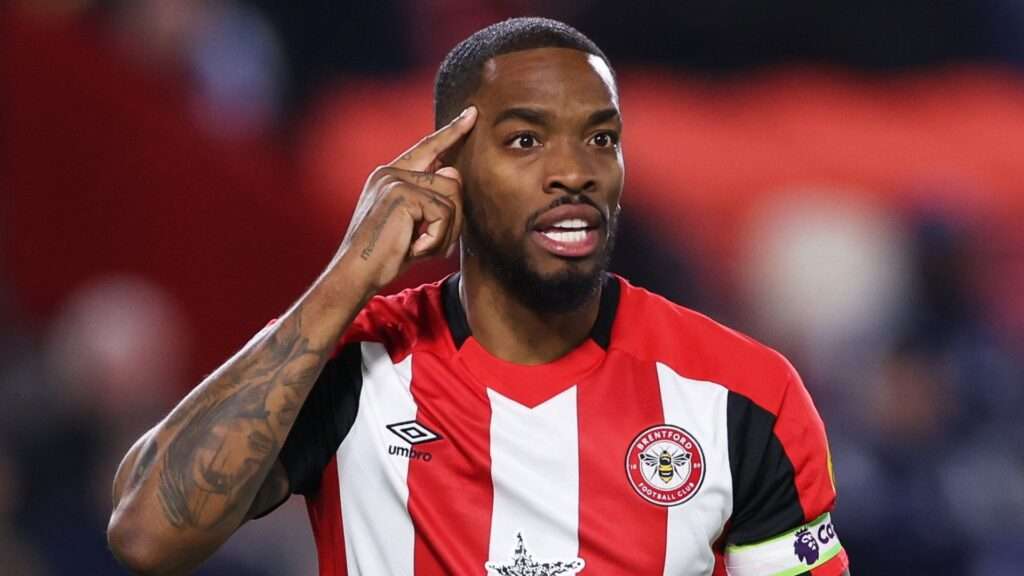Shop quality jerseys at Goal90.shop
Reasons why Xavi could not play Tiki Taka: Barcelona’s tumultuous journey in the 2023/24 La Liga season has been characterized by defensive struggles, tactical shifts, and unexpected setbacks. As we delve into the reasons why Xavi Hernandez could not play Tiki Taka with the current Barcelona team, a recent announcement adds a profound layer to the narrative. Xavi Hernández, the revered former captain turned coach, has declared his intention to step down at the end of the season. This decision, while not entirely unforeseen given the team’s recent woes, signifies a pivotal moment in Barcelona’s history.
Reasons why Xavi could not play Tiki Taka
The defensive solidity that once defined the Catalan giants has given way to a crisis of results and performance. The departure of key personnel, long-term injuries, and strategic shifts have created a complex tapestry of challenges. In this intricate web, Xavi’s decision to part ways with the coaching role he described as “cruel and unpleasant” emerges as a response to the pressing issues facing the club. As we explore the intricacies of Barcelona’s defensive regression, tactical adjustments, and the toll on Xavi’s well-being, the imminent departure of a footballing icon casts a shadow over the already turbulent season.
Defensive Regression
Barcelona’s defensive fortitude in the 2022/23 season, culminating in only 20 league goals conceded, set a high bar for the team’s performance. This defensive resilience, pivotal in securing the La Liga title, seemingly laid the foundation for a sustained era of success. However, the subsequent 2023/24 season unfolds as a narrative of defensive regression, testing the mettle of Xavi Hernandez’s managerial acumen.
The departure of key defensive figures, coupled with long-term injuries, has disrupted the continuity that defined the previous campaign and been one of the reasons why Xavi could not play Tiki Taka. Notably, the absence of Marc-Andre ter Stegen, the first-choice goalkeeper, has been a critical factor. His shot-stopping prowess and adept ball distribution were instrumental in Barcelona’s defensive success last season. The team’s current struggles, conceding 29 goals from an xG total of 26.10, reveal a more realistic representation of their defensive capabilities.
Tactical evolution within La Liga, marked by opponents adapting strategies to counter-possession-oriented styles, adds another layer to Barcelona’s challenges and why Xavi could not play Tiki Taka. The defensive landscape has shifted, with teams becoming more organized and tactically astute. Xavi must now navigate a new terrain, adapting his tactical approach to counter the increased defensive awareness of their adversaries. As Barcelona faces this season’s defensive hurdles, Xavi’s task is not merely a reinstatement of the status quo but a strategic evolution to meet the demands of a changing football landscape.
Tactical Shifts in Possession and Defensive Shape
In Xavi’s quest to rejuvenate Barcelona’s playing style, tactical experimentation has been at the forefront. While the classic 4-3-3 remains a staple during possession, Xavi has delved into alternative formations, showcasing a willingness to adapt. Notably, a 2-3-5 formation has emerged during the build-up phase, revealing a strategic approach to offensive flexibility.
Within this formation, central defenders Jules Kounde or Ronald Araujo, alongside Andreas Christensen, engage in a dynamic interplay with the lone pivot, orchestrating the initial stages of the team’s possession strategy. The full-backs, Joao Cancelo and Alejandro Balde, add an extra layer of dynamism. Cancelo, in particular, alternates between a traditional full-back role and an inverted central position, injecting variety into Barcelona’s play.
Balancing attacking prowess with defensive resilience, the full-backs’ roles differ. Balde, enjoying more freedom due to Cancelo’s movement on the flank, assumes an aggressive wingback role, providing width on the left. This strategic deployment aims to allow forwards like Joao Felix opportunities in the half-spaces, disrupting opposition defenses.
However, while this tactical approach offers offensive versatility, it exposes defensive vulnerabilities, particularly on the flanks and hence lacks stability, becoming a key reason as to why Xavi could not play Tiki Taka. Opponents exploit these spaces, engaging in 1v1 situations against isolated defenders. Xavi’s challenge lies in striking a delicate balance between attacking creativity and defensive solidity within the evolving tactical framework.
Transition Woes and a Static Midfield
A striking vulnerability in Barcelona’s defensive armor during the 2023/24 season has been their susceptibility to counterattacks, especially in transition phases. Despite possessing technical prowess in the middle third, the team often finds itself caught off guard when losing possession centrally. The aftermath of committing defensive personnel higher up the pitch reveals a lethargic response, rendering them vulnerable against swift counterattacks.
This season’s midfield dynamics have undergone significant shifts, primarily attributed to the departure of the legendary Sergio Busquets which has been one of the most important reasons that Xavi could not play Tiki Taka. Gavi, stepping into this void admirably, showcased commendable ball-winning abilities and defensive prowess, temporarily masking some of the team’s underlying deficiencies. However, the season took an unfortunate turn with Gavi’s season-ending knee injury during international duty, leaving Xavi with a considerable midfield conundrum.
The replacements, including Ilkay Gundogan and Frenkie de Jong, boast world-class credentials but lack the defensive expertise needed to create a harmonious balance. Summer acquisition Oriol Romeu, seemingly the most defensive-minded among the options, falls short in maintaining the required athleticism and intense movement to shield Barcelona from vulnerabilities. This imbalance in the midfield trio, coupled with the team’s transitional struggles, has emerged as a critical concern for Xavi. The need to address this midfield passivity and navigate key injuries becomes paramount for Barcelona’s defensive resurgence.
Xavi to leave Barcelona at the end of the season
As Barcelona grapples with a crisis of results and performance, Xavi Hernández could not play Tiki Taka however he might never have the chance to. Since he has made a pivotal decision to step down as the coach at the end of the season. The announcement, while not entirely surprising given the team’s recent struggles, adds a layer of complexity to Barcelona’s ongoing challenges. Xavi’s departure comes amidst a backdrop of disappointing defeats, including a 5-3 home loss against Villarreal and elimination from the Copa del Rey with a 4-2 defeat at Athletic Bilbao.
The footballing icon, who took charge in November 2021 and led Barcelona to a league title in his first full season, cited a need for a “change of direction.” In a candid revelation, Xavi described the coaching role as “cruel and unpleasant,” emphasizing the toll on his health and well-being. The decision, though not abrupt, underscores the gravity of the situation Barcelona finds itself in.
Xavi’s departure aims to provide a sense of liberation for both himself and the team, allowing for a potential reset and redirection. Despite his commitment to giving his best in the remaining months, the coach’s decision reflects a pragmatic acknowledgment of the challenges and a determination to navigate Barcelona through turbulent waters. The club, now facing a critical juncture, must chart a new course to recover from this period of adversity.










